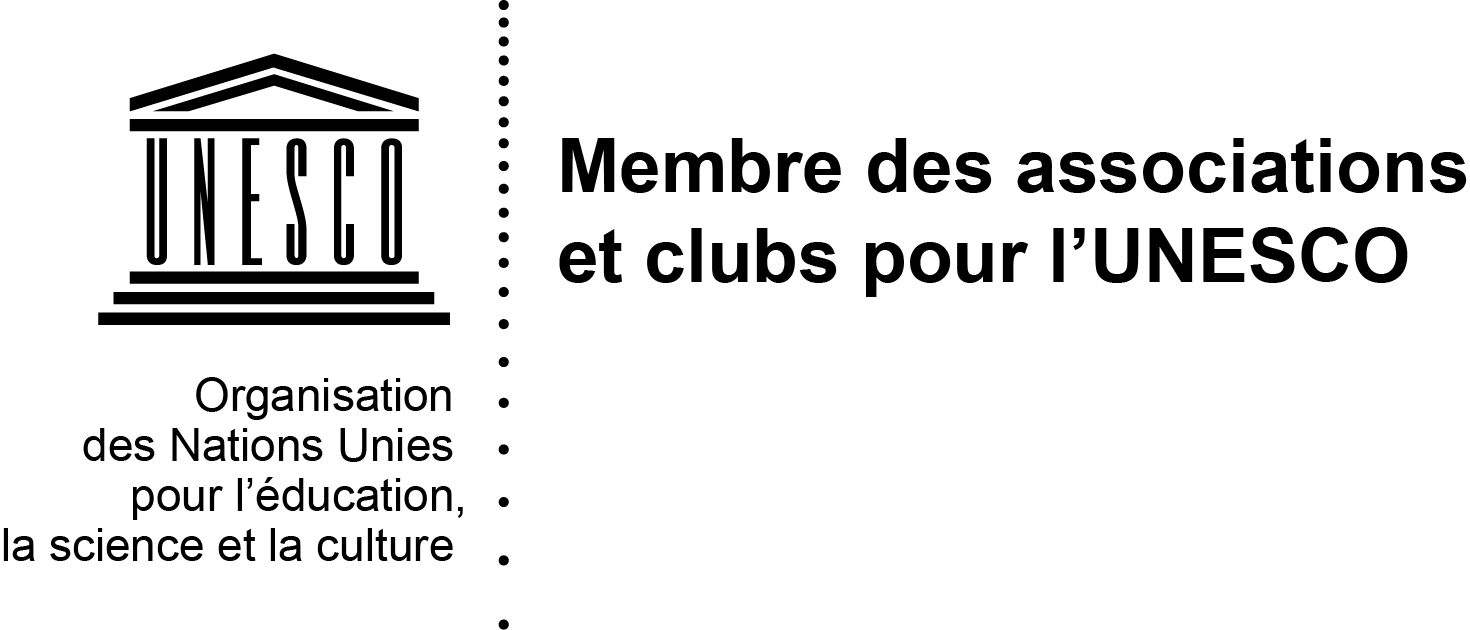Observatory
Heritage in the Middle East and the Mediterranean
Our vision
Too often, the Middle East is seen through the prism of the political crises which have shaken the region as a whole. Our objective is to take a different view by highlighting the unique and exceptional heritage of this region. Fostering a greater knowledge of this part of the world though heritage is key to better understanding the plural and diversified identities on the ground.



PROMOTING HERITAGE, RAISING AWARENESS, DECONSTRUCTING STEREOTYPES
AND CREATING A FERTILE GROUND FOR DIALOGUE



